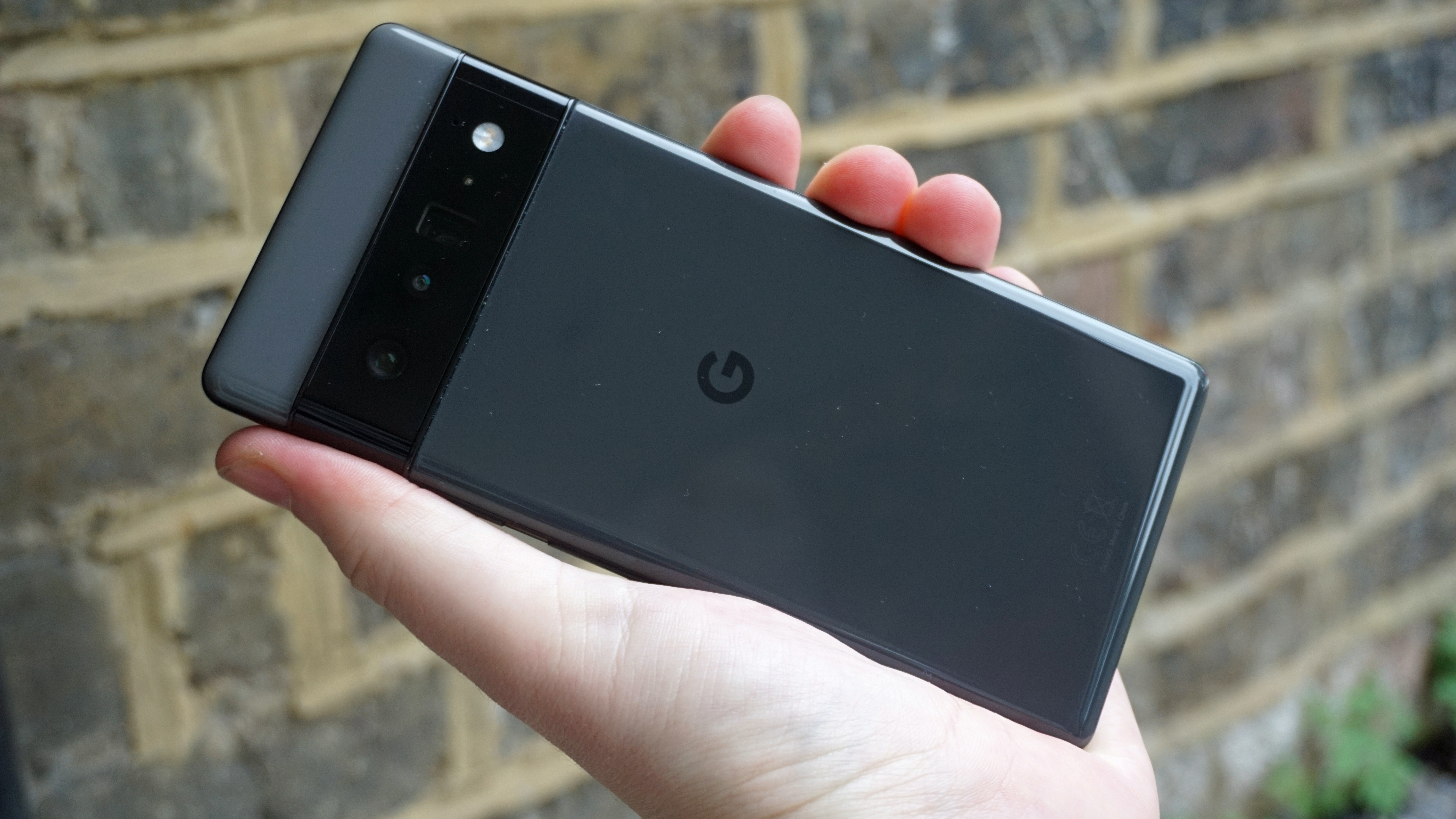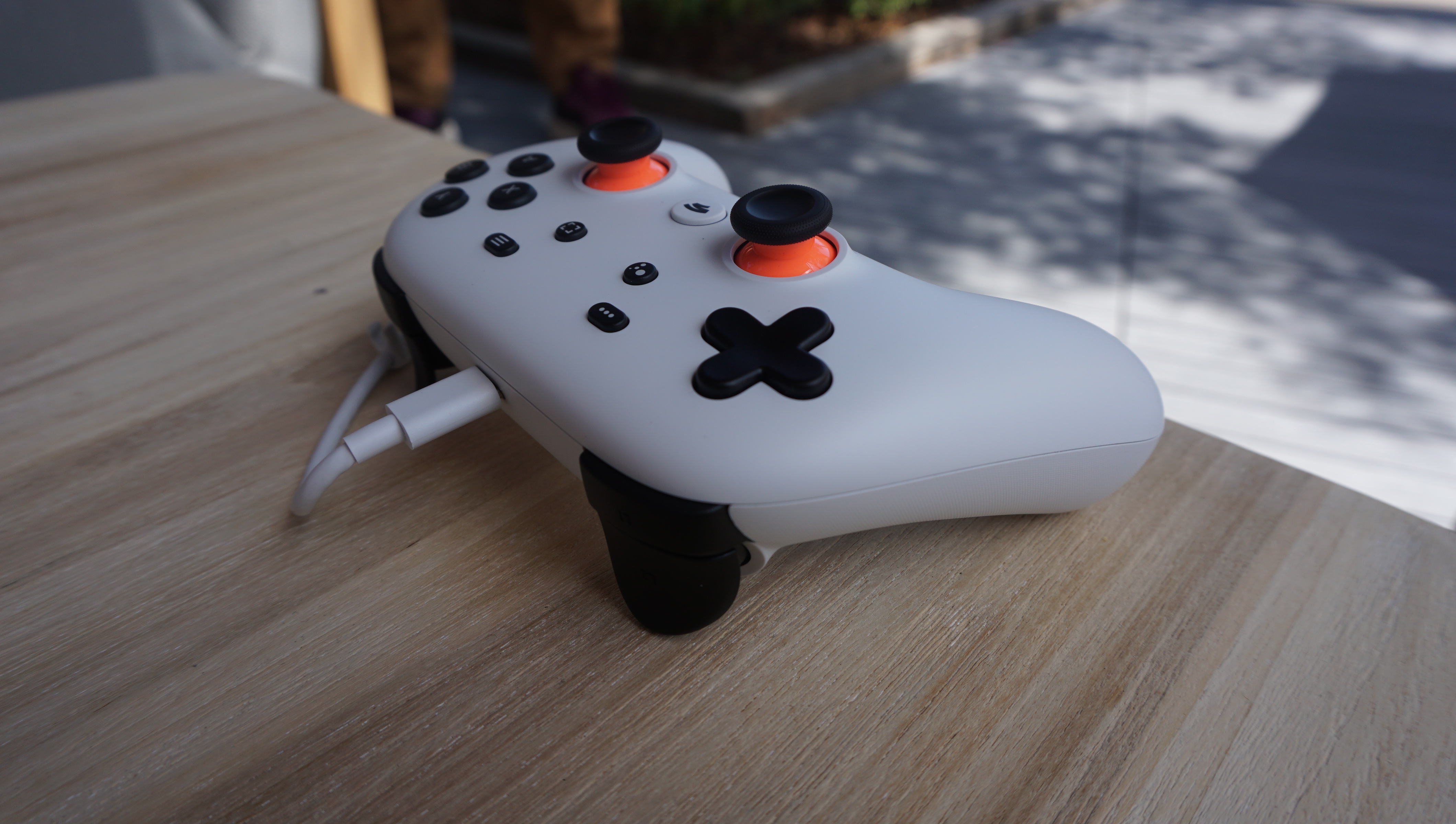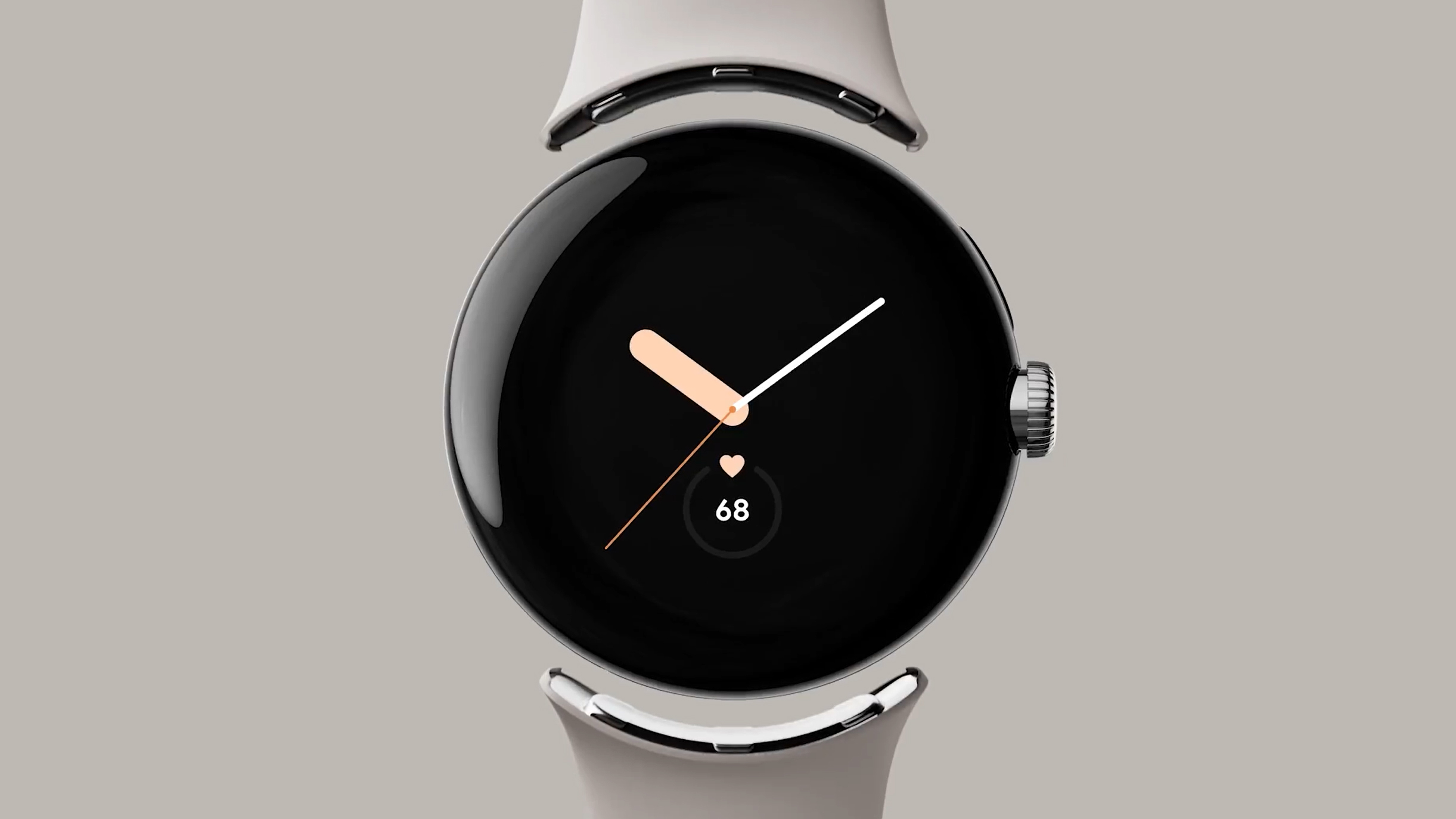Don't worry, Google won't kill Pixel the way it killed Stadia
Android keeps Google in the phone game

It doesn’t seem so strange that Google is shutting down Stadia, its long-suffering cloud gaming service. It seems strange that Google opened a cloud gaming service in the first place. Sure, some of the pieces were already there. Google has a cloud. Google serves games and apps to mobile devices. Those games could now work from the cloud. Next stop… gaming console?
There was always something missing in Google’s path from A to Xbox. Google was not a big hardware company, and other gaming companies have specialized in hardware. The last software-centric gaming company was Sega. Sega was the first to bring online gaming to consoles, but even though it made great hardware, and some of the best first-party gaming titles around, Sega couldn’t make a gaming platform profitable.

Today’s gaming consoles are mostly made by gigantic electronics companies with multiple divisions, including hardware, software, content and services. Nintendo manages to stay afloat in the turbulent market, but its consoles don’t compete on graphics power or extensibility. It needs to constantly innovate in other ways, and the company has long seemed in danger of disappearing suddenly. The way Stadia was suddenly gone.
If Google will kill Stadia, is our Pixel safe?
We can imagine why Google stopped Stadia, because it effectively stopped improving Stadia long ago. It stopped delivering on its initial Stadia promises. Google kills projects from time to time, even projects that you might use and enjoy. With a major hardware line falling off the chopping block, we wonder whether one of our favorite pieces of Google hardware is safe.
The Google Pixel phones are hardly a smash success, but they aren’t a failure, either. In a recent market report, analyst group Canalys ranked Google the fifth best selling phone brand, behind Motorola (via Lenovo), Samsung, and Apple at the top.
Pixel currently represents a small territory on a large map, but you can see it from space
The problem is that Apple and Samsung combined represent 78% of the U.S. market, and Google nets a paltry 3%. That’s a huge increase for Google, as it was hovering around 1% before this year. Something is going right for Google, but is it right enough?
How much does Google need Pixel to be a success? If Google needs to stay on the map, Pixel currently represents a small territory on a large map, but you can see it from space. It never seemed like Google aimed for Pixel to conquer the landscape.
Get daily insight, inspiration and deals in your inbox
Sign up for breaking news, reviews, opinion, top tech deals, and more.
Why doesn’t Google just win at selling phones?
Google is a huge company, a dominant force in advertising, no less, yet it never backed the Pixel devices with the sort of globe spanning, massive campaigns you’ll see when a new iPhone or Samsung Galaxy S device launches.
If Google wanted the Pixel phones to be a bigger success, it could always improve hardware specs to the point it dominates in benchmarks and shootouts, but a little more marketing enthusiasm would probably pay off just as well.
Does this mean Pixel phones are important to Google, or does this mean they are expendable? Pixel phones are just too obvious for Google to give up. As long as Google makes Android, it is more than halfway to making a Pixel phone.
When Google makes Android, it must use reference hardware to develop and test the OS. As Android is developed, Google works with the same mobile processors, the same camera hardware, the same modems and networking that you’ll find in the best smartphones. It must, to make sure the OS works properly on real devices, not just on a software compiler.
There’s a huge difference between reference hardware and a real phone, but the former is a step down the road to the latter. With Google Stadia, there was no gaming system lurking around at Google, waiting to be assembled into a proper console.
With Android, there are teams with expertise in every aspect of phone hardware and design, whether Google actually makes a phone or not. Making the phone is the next step, not a new direction.
The Pixel family is growing this year
The good news is that Google does not seem to be abandoning Pixel, quite the opposite. The cadence of new phones has sped up – Google now launches two devices in the fall, then a catch-up device in the spring. We got the bargain-priced Pixel 6a this past spring; you can follow along with our launch live blog for the Pixel 7 and Pixel 7 Pro, arriving early October.

Google is expanding Pixel to new hardware categories. We’re expecting a Pixel Watch with the Pixel 7 phones, and though it may just end up being an expensive Fitbit, it will still bear the Pixel brand name and will likely be priced to compete with the Apple Watch.
Google is even trying its hand at a tablet again. When the Pixel devices went by the Nexus brand name, and hardware partners built all of Google’s devices, there were Nexus tablets. Now Google has told us a Pixel Tablet is coming, though we’re not sure when, and we’re not sure how powerful or pricey it will be.
Just don’t pull a Stadia on our smartphones
Things are going well for Pixel, so we have high hopes for survival of the brand. If things start to go poorly, we don’t think Google will hold on forever. We don’t imagine Google would accept a loss on Pixel devices, so if sales fell far enough of course the family line would end.
The worst scenario would be a Stadia-like situation, where improvements stall as Google loses focus, and promises are no longer kept. If Pixel devices do eventually meet their fate, we hope it’s quickly and decisively. We don’t want to see unsatisfied Pixel owners, let down by an abandoned phone, hoping for a refund.

Phil Berne is a preeminent voice in consumer electronics reviews, starting more than 20 years ago at eTown.com. Phil has written for Engadget, The Verge, PC Mag, Digital Trends, Slashgear, TechRadar, AndroidCentral, and was Editor-in-Chief of the sadly-defunct infoSync. Phil holds an entirely useful M.A. in Cultural Theory from Carnegie Mellon University. He sang in numerous college a cappella groups.
Phil did a stint at Samsung Mobile, leading reviews for the PR team and writing crisis communications until he left in 2017. He worked at an Apple Store near Boston, MA, at the height of iPod popularity. Phil is certified in Google AI Essentials. He has a High School English teaching license (and years of teaching experience) and is a Red Cross certified Lifeguard. His passion is the democratizing power of mobile technology. Before AI came along he was totally sure the next big thing would be something we wear on our faces.